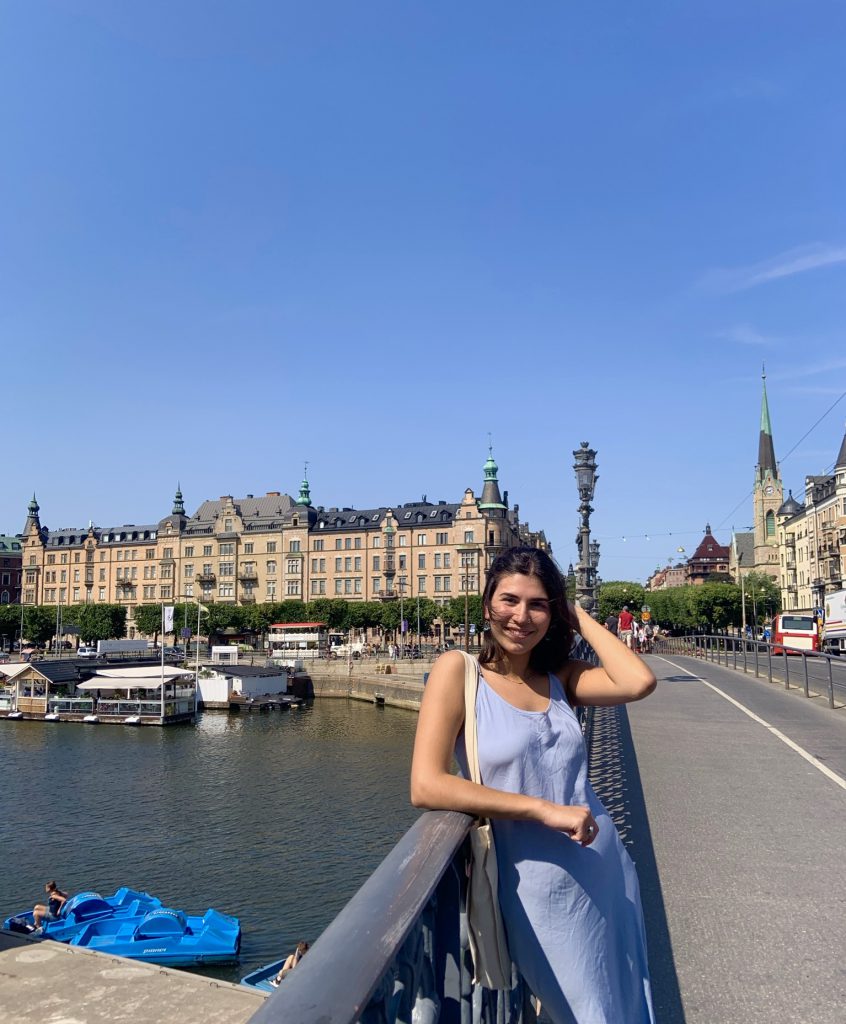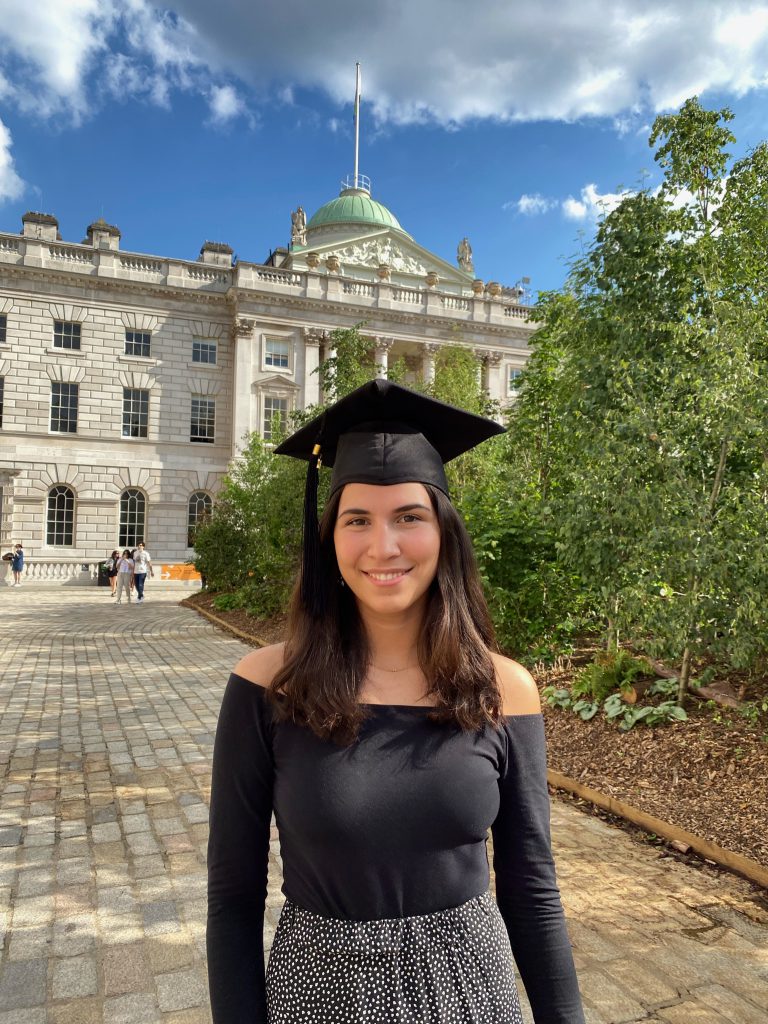2021 BA undergraduate, Dara Engelbrekt won the “Best Undergraduate Dissertation” in the Department of Geography this year. Dara’s research looked at the obstacles to a coherent EU energy efficiency policy in the residential sector in Sweden. She has written us a blog on why she studied geography, what led her to choose her dissertation topic, and offers some advice on how you can get started on your research too.
For me, one of the most interesting and unique perspectives we develop when studying Geography is the ability to understand how different political scales interact, how the local influences the international and vice versa. Throughout our degree, and especially during our field trips, we learn how local cultures, values, and practices are connected to global issues such as climate change, often requiring coordination between different policy levels – local, regional, and global. In my dissertation, I chose to explore this scalar relationship in the European Union’s energy sector which is currently undergoing an extensive transformation toward decarbonisation.
Coming from two very different EU countries, Sweden and Bulgaria, I have often been struck by the diversity in everyday practices of handling essential resources such as energy and water. Differences can be seen in everything from ease of access, saving and use, to paying the bill. While mainstream energy transitions literature predominantly focuses on industry-level shifts, changes in everyday practices are often neglected despite their important potential role in decarbonising the energy sector. The dissertation provided a great opportunity for me to address this gap in the literature and pursue my interest in environmental policy.

Credit: Dara Engelbrekt
I focused the research on understanding the difficulties encountered in implementing the EU Energy Efficiency Directive in Sweden. The Directive sets a requirement for individual metering and charging of heating in apartment buildings under the premise that it will push households to reduce their energy consumption. The individual metering of heating is common in many European countries. Uniquely in Sweden though, each household pays a set monthly price for heating regardless of how much energy they actually consume. This was something that I had never really given much thought to until I moved to London and me and my flatmates got our first bill. Sweden has had this system for decades and has, to my surprise, been very reluctant to change it despite strong pressures from the EU. Using qualitative methods, I considered why and how national actors in Sweden, a country often branded as “green”, have resisted the introduction of individual meters. The research revealed the difficulties that can arise when EU policies reach the widely diverse national settings of its member states. What I found most interesting from a geographical perspective was the significance of considering local socio-political and cultural contexts when implementing international environmental and energy policies.
I really enjoyed writing the dissertation and having the opportunity to delve deep into a topic I am interested in. It is a great chance to figure out what you are or aren’t passionate about and what you could see yourself working with in the future. Even so, it was a challenging and long process. I found the most difficult aspect of writing the dissertation to be deciding on the topic, formulating a feasible research question, and sticking to it. The process involved a lot of self-doubt, late-night research, and discussions with my supervisor, friends, and family. I think it is important to keep your cool (which is easier said than done!) and not put too much pressure on the research being flashy or ground-breaking. The most interesting findings can often come from the seemingly most low-key, mundane, and even random topics. My advice is to pick a topic that sparks interest in you and that you have some personal connection to. I would also encourage you to take advantage of all the resources given to you. I did a large part of my literature review in the beginning of third year; that way I was able to receive a lot of useful feedback from my supervisor when submitting the first draft. I am now very happy and relieved to see that the hard work paid off!
I want to say a big thank you to my supervisor Professor Alex Loftus without whose guidance, support, and expertise I could not have written this dissertation. I also want to thank him for his encouragement and help in applying for post-graduate studies. Now I am looking forward to studying for a master’s degree in Environmental Policy at Cambridge and hopefully build on the research that I started at King’s.
Read the news piece about Dara’s award on the King’s College London website: https://www.kcl.ac.uk/news/geography-student-wins-dissertation-award-for-work-on-energy-efficiency-policies-1
